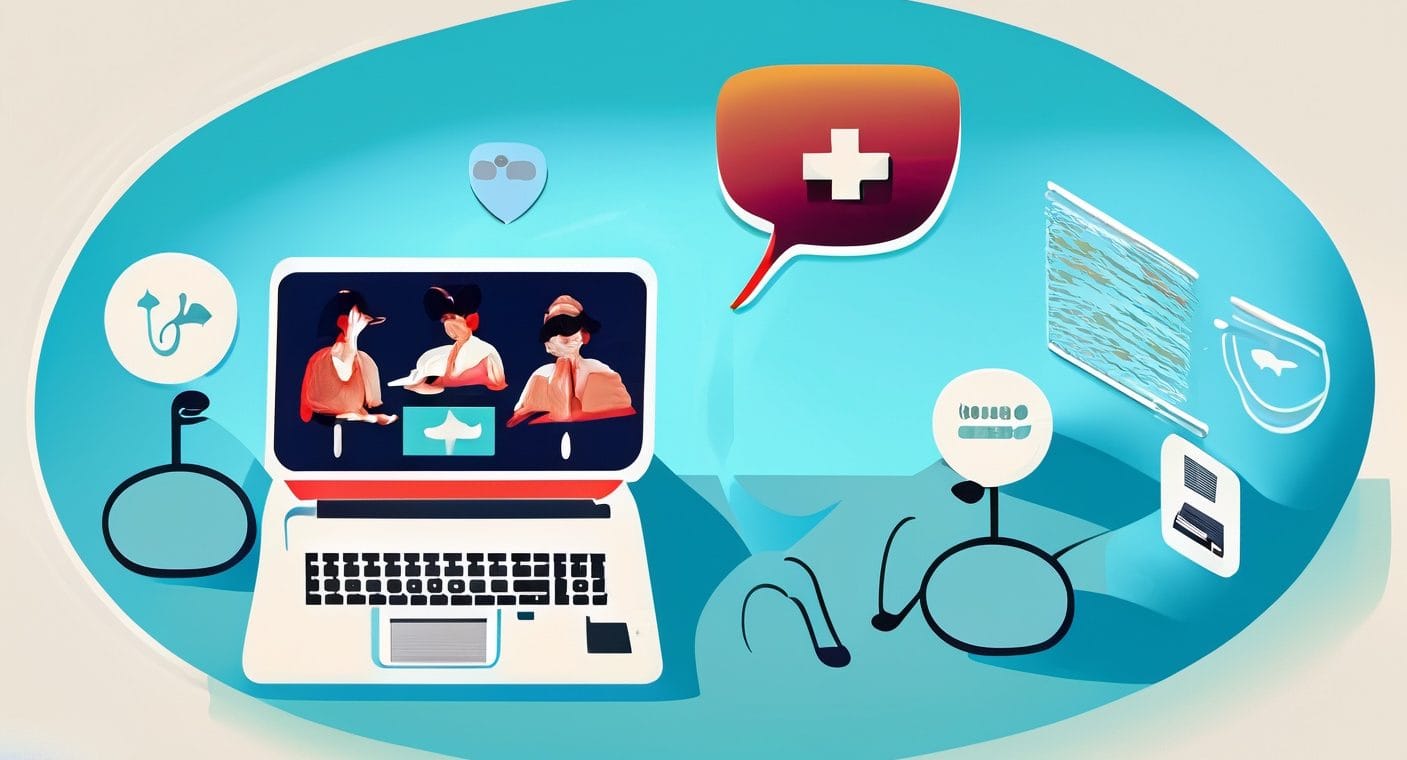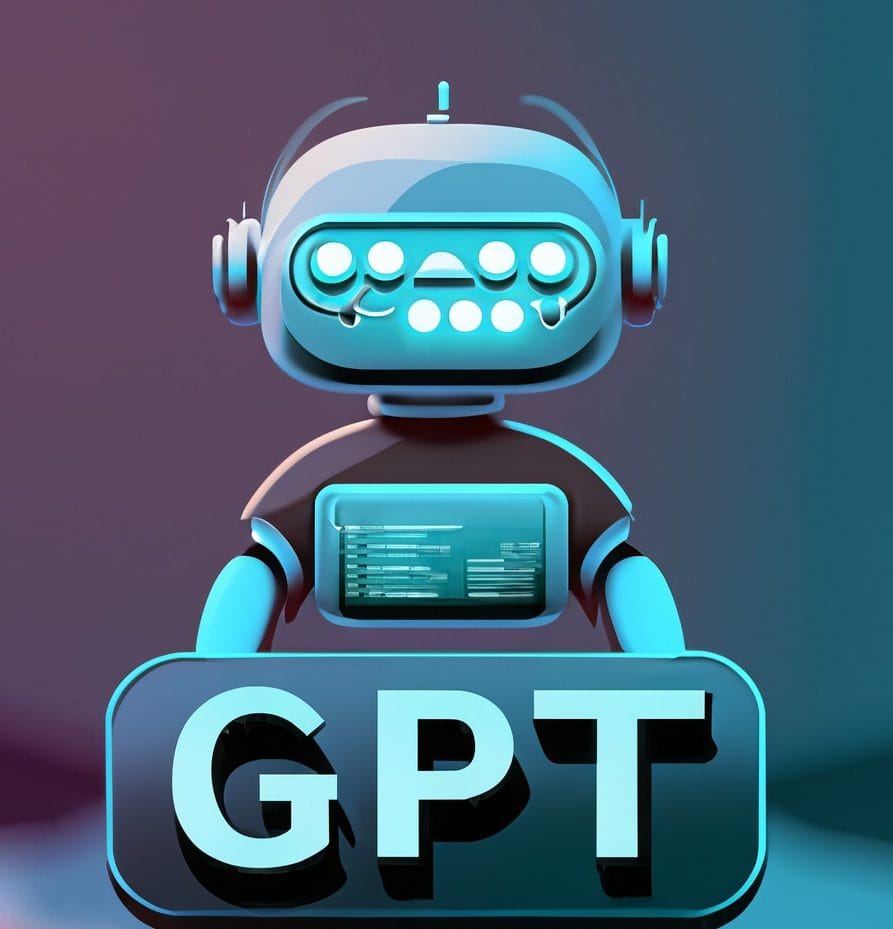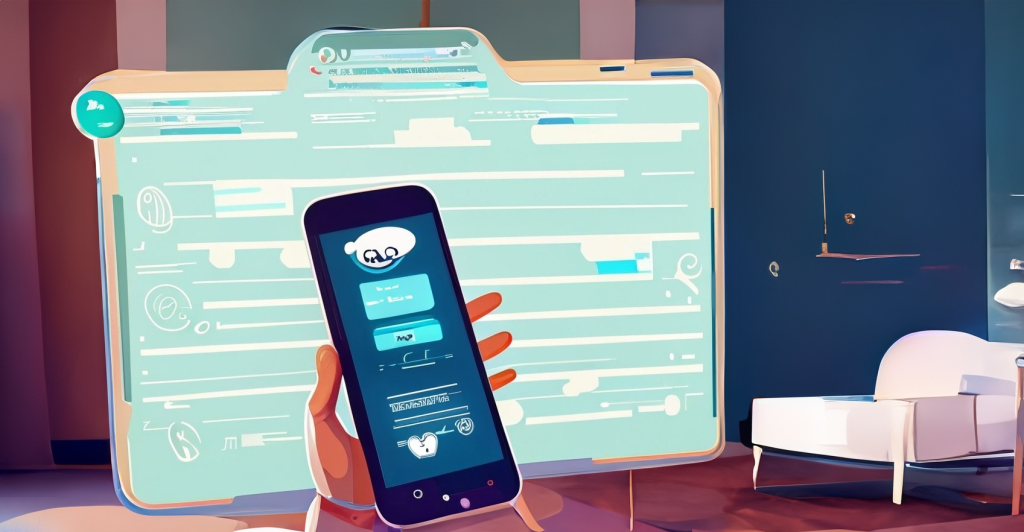Introduction
In today’s fast-paced world, advancements in technology have revolutionized various aspects of our lives, including healthcare. With the increasing demand for personalized and efficient healthcare services, the field of health assistance has seen remarkable advancements. One such innovation is the GPT Health Assistant, a cutting-edge tool that harnesses the power of artificial intelligence (AI) to provide comprehensive and intelligent support to both patients and healthcare professionals.
Evolution of Health Assistance
Over the years, health assistance has evolved significantly. Initially, patients relied heavily on healthcare professionals for diagnosis, treatment, and general medical advice. However, the advent of the internet brought about a paradigm shift in the way people seek health-related information. Online resources and search engines became primary sources of medical knowledge, enabling individuals to self-diagnose and explore treatment options.

The Emergence of GPT Health Assistant
The emergence of GPT Health Assistant signifies a new era in health assistance. Developed using state-of-the-art natural language processing and machine learning algorithms, GPT (Generative Pre-trained Transformer) Health Assistant is capable of understanding and responding to human queries and concerns with remarkable accuracy. It leverages vast amounts of medical data, research papers, and patient records to provide up-to-date and evidence-based recommendations.
How GPT Health Assistant Works
GPT Health Assistant utilizes a vast neural network trained on a diverse range of medical data. When a user interacts with the assistant, it analyzes their query, processes the information, and generates a relevant and contextually appropriate response. The system employs deep learning techniques to continually improve its understanding of medical terminology, treatment protocols, and emerging research, ensuring the information it provides is accurate and reliable.

Benefits of GPT Health Assistant
Improved Patient Care
With GPT Health Assistant, patients can access reliable medical information conveniently and promptly. It empowers individuals to make informed decisions about their health and well-being, reducing unnecessary visits to healthcare facilities for minor concerns. This enhanced patient autonomy contributes to overall satisfaction and encourages proactive self-care.
Enhanced Diagnostic Capabilities
They can assists healthcare professionals in the diagnostic process by providing a comprehensive analysis of symptoms, medical history, and relevant clinical data. By leveraging AI algorithms, it can identify patterns and potential diagnoses that may not be immediately apparent to human physicians. This collaborative approach improves diagnostic accuracy and enables early intervention.
Personalized Treatment Recommendations
Based on the individual’s medical history and symptoms, they offers personalized treatment recommendations. It takes into account various factors such as allergies, comorbidities, and lifestyle choices to suggest tailored treatment plans. This personalized approach optimizes patient outcomes and minimizes the risk of adverse reactions.
Efficient Healthcare Delivery
They streamlines healthcare delivery by reducing the burden on healthcare professionals. Routine inquiries, appointment scheduling, and general health-related queries can be handled by the assistant, freeing up healthcare providers’ time to focus on complex cases and critical patient care. This improved efficiency contributes to a more effective healthcare system overall.
Challenges and Concerns
While they holds immense promise, it also raises important challenges and concerns that must be addressed for its successful integration into healthcare.
Privacy and Data Security
The utilization of sensitive medical data raises concerns about privacy and data security. Robust measures must be implemented to protect patient information, ensuring compliance with relevant regulations and ethical standards. Encryption, secure storage, and strict access controls are essential components of safeguarding data integrity.
Ethical Considerations
As they gains more prominence in healthcare, ethical considerations come to the forefront. Clear guidelines must be established to govern the assistant’s limitations, disclosure of its AI nature, and accountability in case of errors or misinterpretation. Ensuring transparency and maintaining a human-centric approach is crucial for building trust with users and healthcare professionals.

Integrating GPT Health Assistant into Healthcare
Successful integration of GPT Health Assistant into healthcare systems requires careful planning and collaboration between technology developers and healthcare providers. It should be seamlessly integrated into existing electronic health record systems, telemedicine platforms, and patient portals. Proper training and education for healthcare professionals are also vital to leverage the assistant’s capabilities effectively.
Future Possibilities
The potential applications of they extend beyond individual patient care. It can be utilized for medical research, clinical trials, and population health management. By analyzing large datasets, the assistant can identify trends, predict disease outbreaks, and contribute to evidence-based policymaking. The possibilities for improving healthcare outcomes through GPT Health Assistant are vast and exciting.
Conclusion
GPT Health Assistant represents a significant advancement in the field of health assistance. By combining AI technology with medical expertise, it offers personalized and efficient support to patients and healthcare professionals alike. However, it is crucial to address privacy concerns, establish ethical guidelines, and ensure seamless integration into healthcare systems. With the right approach, they has the potential to revolutionize healthcare delivery and contribute to improved patient outcomes.
FAQs
- Can GPT Health Assistant replace human healthcare professionals? No, they are designed to complement human healthcare professionals and enhance their capabilities, not replace them. It serves as a valuable tool for information and support, but the expertise and judgment of healthcare professionals are indispensable.
- How accurate are the recommendations provided by it? GPT Health Assistant’s recommendations are based on extensive training on medical data and research. While it strives to provide accurate and up-to-date information, it is always advisable to consult with a healthcare professional for a comprehensive evaluation and personalized advice.
- Is GPT Health Assistant accessible to everyone? They aims to be accessible to a wide range of individuals. Efforts are being made to ensure compatibility with various devices, including smartphones, tablets, and computers, to enable easy access for users.
- How does GPT Health Assistant ensure patient privacy? They prioritizes patient privacy and data security. Strict measures, such as encryption, secure storage, and access controls, are implemented to safeguard patient information. Compliance with privacy regulations and ethical standards is a fundamental aspect of its development and deployment.
- Can GPT Health Assistant provide emergency medical assistance? They are not designed for emergency medical situations. In case of a medical emergency, it is crucial to contact emergency services or seek immediate assistance from healthcare professionals. They are best suited for general inquiries, symptom analysis, and non-urgent healthcare concerns.

